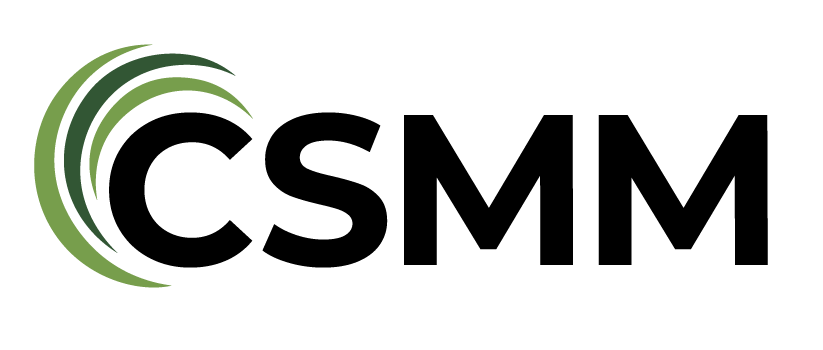Our Research:
Addressing Non-Recyclable Paper Materials
At the Center for SMM, our work is focused on identifying and developing new approaches for the use of non-recyclable paper materials, commonly known as “waste reject fibers” or “waste fines,” obtained from the recycled linerboard mills that manufacture packaging paper from old corrugated containerboard (OCC). In the context of this research, non-recyclable paper materials includes residual post-consumer paper products that are, or may be at a future time, collected through residential or commercial recycling programs at a municipal or commercial scale.
Through bridging major application gaps in renewable bioproducts, waste reduction techniques, wastewater reuse methods, and the recycling market, our primary goal is to determine the feasibility of diverting these paper products from land disposal. The principal mechanism to achieve this diversion is composting; using non-marketable paper as compost feedstock provides an opportunity to recover carbon and micronutrients, reduce disposal costs, reduce impacts of greenhouse gas emissions, preserve landfill capacity and generate a beneficial product for soil reclamation. In turn, this approach can improve the profitability of paper industries, reduce waste,and drive improvements in composting technology all while supporting local economic development efforts.



